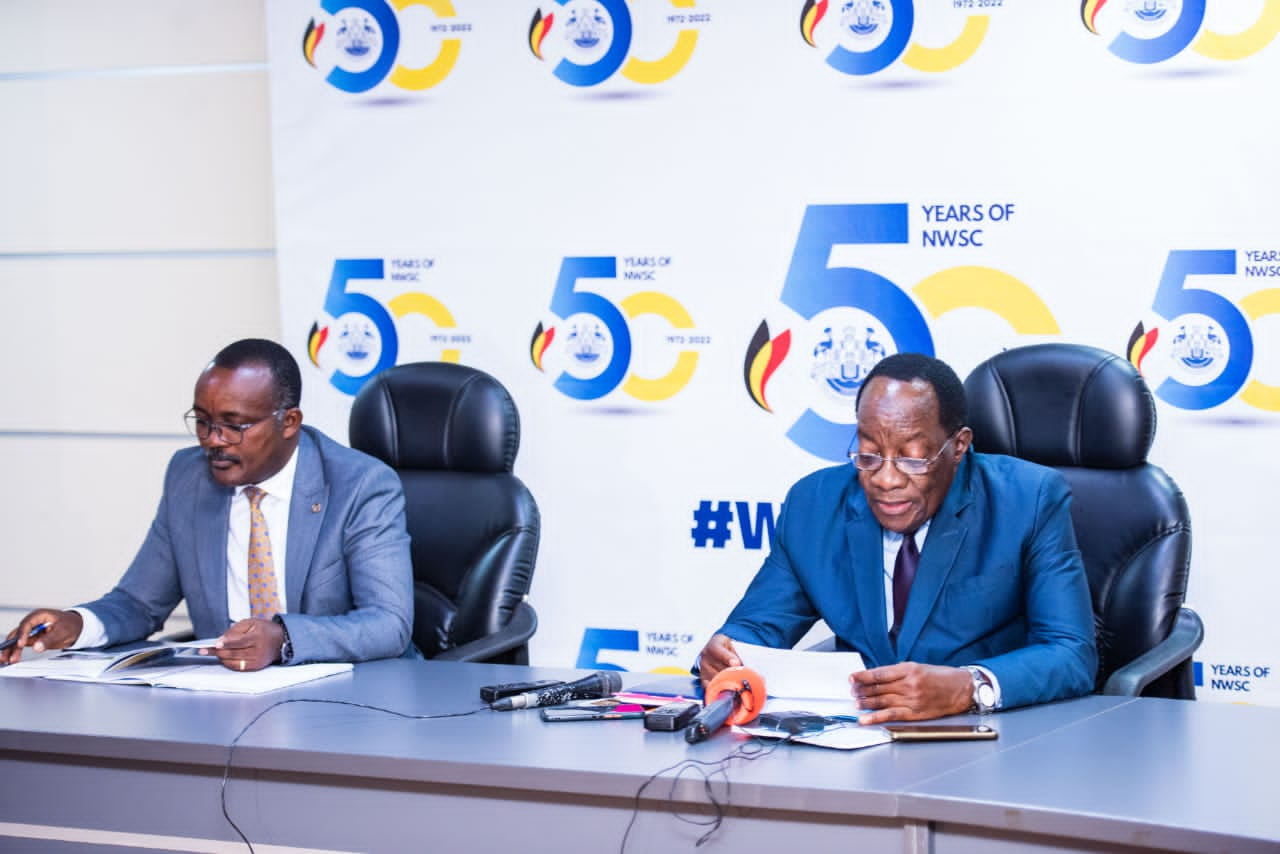Those who do not learn history are doomed to repeat it, this is a quote by a writer and philosopher George Santayana. In its original form it read, “Those who cannot remember the past are condemned to repeat it. When it comes to the possibilities of ‘learning from history’ there are doubtless many things we could aspire to learn.
Some of those would be more practically useful, in terms of contributing to the normal and decent functioning of well-meaning societies than others. In this case, let’s learn from the covid19 pandemic to overcome the Ebola outbreak in our motherland.
The COVID-19 global health emergency and its economic and social impacts disrupted nearly all aspects of life for all groups in society. People of different ages, however, are experiencing its effects in different ways.
For the young people especially for the vulnerable youth, the COVID-19 crisis posed considerable risks in the fields of education, employment, mental health and disposable income. Moreover, while youth and future generations will shoulder much of the long-term economic and social consequences of the crisis, their well-being may be superseded by short-term economic and equity considerations.
With the gradual transition of government responses from immediate crisis management to the implementation of recovery measures, several concerns are emerging, such as increasing levels of youth unemployment and the implications of rising debt for issues of intergenerational justice, as well as threats to the well-being of youth and future generations. It is from this perspective that the chairman of KACITA youth league, Mr. Joshua Mawerere might have found it healthy to act accordingly.
If the young people in business can’t contribute in fighting economically disturbing social problems like diseases, the same problems will instead fight the existence of their young businesses.
The KACITA Youth League is a youth association that brings together youth doing business in Uganda. KACITA whose mission is to be the leading business support association in East African common market. The mission of KACITA is to improve business environment, through advocacy, for favorable business policies, mediation of business conflicts, networking, capacity building, mobilize traders and the business community to save for retirement into a provident fund, provide access to competitive financial services, apprenticeship and entrepreneur development.
The one day crusade by KACITA youth league aimed at preventing EBOLA outbreak in Owino and Kafumbe Mukasa Rd should awaken more young people in business to join the social corporate responsibility which in the long term will protect their young businesses. Prevention is better than cure!
Making different voices in society heard, both younger and older, is critical to delivering a more inclusive response. For example, several countries like Estonia, Germany, Poland and Switzerland launched e-participation initiatives to engage citizens in the COVID-19 response and recovery efforts, while Italy established a multi-stakeholder task force to address the spread of disinformation linked to the Covid19 pandemic. Some of these initiatives used open government data to inform, engage and innovate in collaboration with citizens. Involving youth stakeholders from diverse backgrounds can rebuild trust, generate their interest in politics and integrate long-term considerations in crisis response and recovery strategies.
KACITA Youth League under their chairman, Mr. Joshua Mawerere mobilized the fellow youths in business from Owino and Kafumbe Mukasa road. They cleaned and handed over posters with Ebola messages to leaders of different business sections in downtown. This kind of Ebola sensitization campaign that took place on 28th October 2022 should act as a case study for all youths in business to act accordingly. Prevention is better than cure is now a fundamental principle of modern health care and inherent within health and social care strategies across the world. The young people in business can surely stage and preach against Ebola by displaying precautionary procedures of overcoming the deadly disease just like how KACITA youth league did.
To avoid exacerbating intergenerational inequalities and to involve young people in building societal resilience, governments need to anticipate the impact of mitigation and recovery measures across different age groups, by applying effective governance mechanisms.
As the Ebola outbreak may also be, the economic and health impacts of the COVID-19 pandemic have been asymmetric across age groups. Evidence suggested that young people were less at-risk in terms of developing severe physical health symptoms linked to COVID-19 than older age cohorts. However, the disruption in their access to education and employment opportunities as a result of economic downturn placed the young generation on a much more volatile trajectory in finding and maintaining quality jobs and income.
An inclusive response to and recovery from the crisis requires an integrated approach to public governance that anticipates the impact of response and recovery measures across different age cohorts. “Building better” requires decision makers to acknowledge generational divides and address them decisively in order to leave no one behind.
Lukanga Samuel
+256 785717379
lukangasamuel55@gmail.com
The writer is a social development enthusiast and a youth leader from Nakaseke District.
Do you have a story in your community or an opinion to share with us: Email us at Submit an Article









